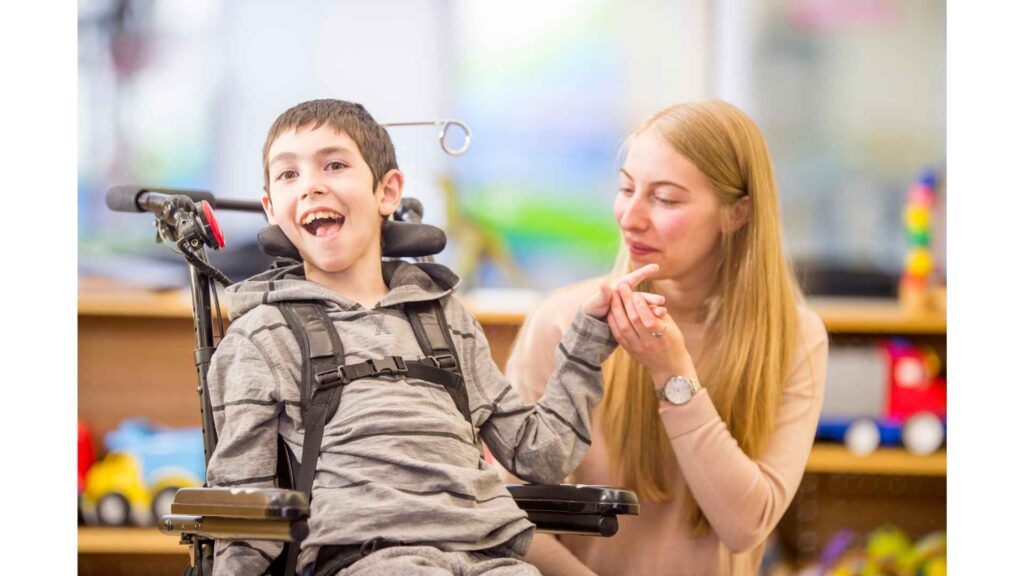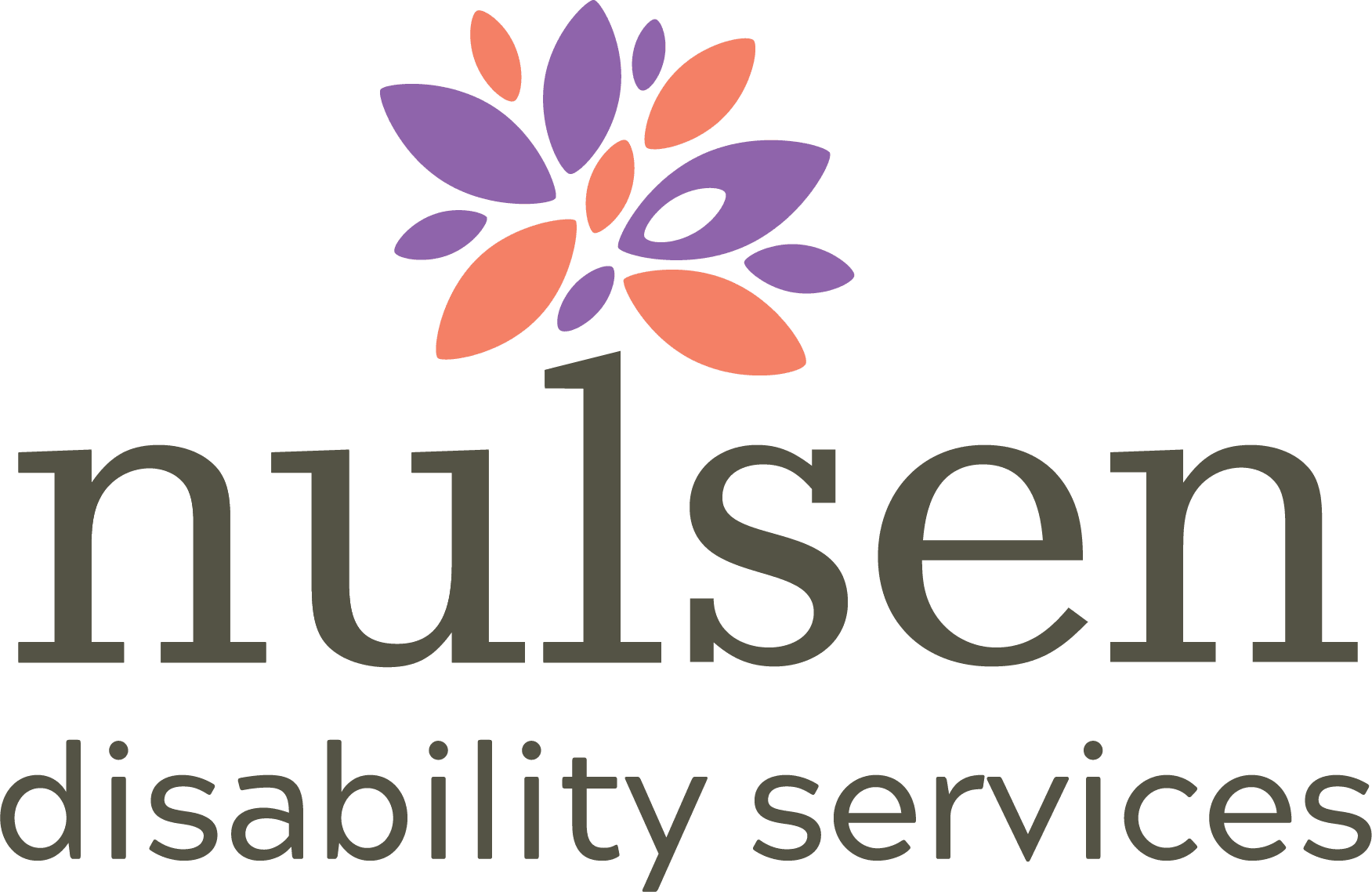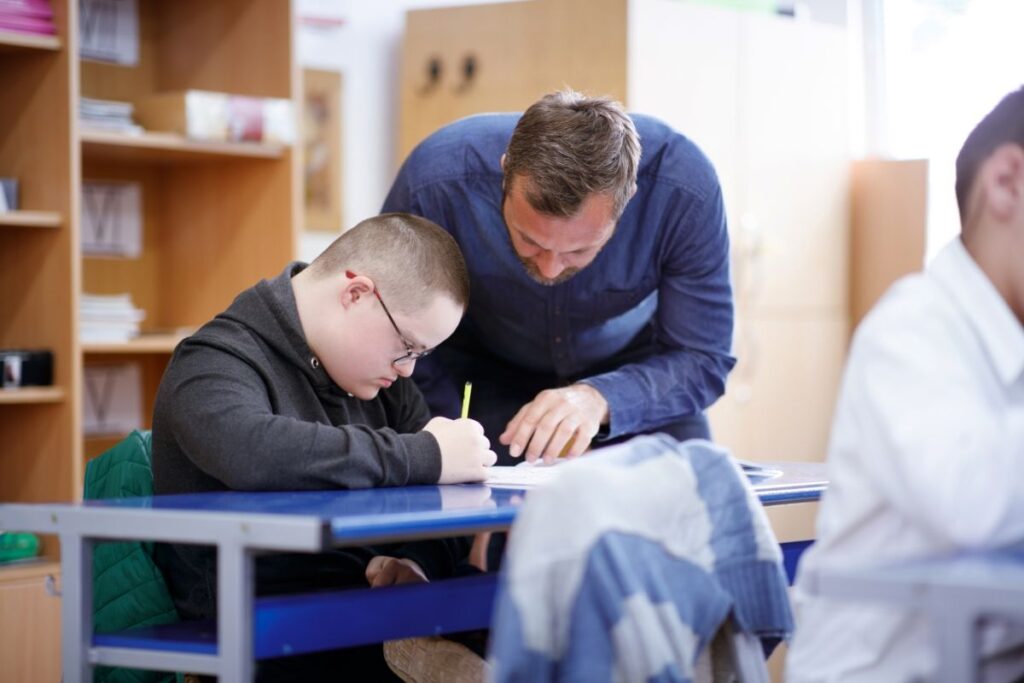Success stories: How Ndis Providers Sydney transformed care for local families
Success stories: How Ndis Providers Sydney transformed care for local families
Blog Article
The Vital Connection Between Impairment Services and Effective Home Treatment Solutions
The partnership in between special needs solutions and home treatment options is important for enhancing the lives of people with handicaps. Disability solutions give crucial resources and assistance. Meanwhile, home care solutions supply individualized aid in acquainted environments. This partnership advertises self-reliance and social inclusion. Yet, the specifics of exactly how these elements connect stay complex. Comprehending this connection can disclose new understandings right into improving care for those in requirement. What are the implications for caregivers and people alike?
Understanding Handicap Services: A Review
While numerous people may not completely grasp the complexities of handicap services, recognizing their scope and value is essential for promoting inclusivity. Special needs services include a vast array of support devices created to aid individuals with physical, intellectual, or developmental specials needs. These solutions aim to improve the top quality of life, advertising independence and involvement in culture. They consist of curricula, employment support, transportation help, and healthcare services tailored to private needs.Furthermore, these solutions commonly involve collaboration among different stakeholders, including federal government agencies, charitable companies, and neighborhood teams. This joint technique guarantees that people obtain complete assistance that resolves their unique difficulties. Recognition of impairment solutions is crucial, as it motivates social acceptance and the elimination of stigma. By acknowledging the relevance of these services, neighborhoods can produce a much more inclusive setting, ultimately profiting every person and promoting equal opportunities for people with handicaps.
The Duty of Home Care in Supporting People With Disabilities
Home care plays a vital role in enhancing the lives of people with specials needs by providing tailored assistance in familiar atmospheres. This sort of care allows people to preserve their self-reliance while getting support tailored to their specific demands. Caregivers not only use physical support, such as assistance with daily tasks like bathing and dish preparation, however also provide psychological support and companionship.In addition to functional support, home care services facilitate social interaction, which is fundamental for psychological well-being. By involving individuals in neighborhood tasks or helping with communication with friends and family, caretakers aid combat sensations of seclusion. Home care additionally reduces the concern on household participants, allowing them to concentrate on their own duties while ensuring their enjoyed ones receive appropriate treatment (Disability Services). Inevitably, home care acts as a substantial support system, encouraging individuals with handicaps to flourish within their own homes
Tailored Treatment Plans: Fulfilling Distinct Requirements
Customized treatment plans are crucial for efficiently attending to the one-of-a-kind needs of individuals with specials needs. These plans are developed to give personalized support, taking into consideration the details challenges and preferences of each individual. By carrying out thorough assessments, treatment providers can identify strengths and areas requiring support, ensuring that treatment is both appropriate and effective.Incorporating input from the individual and their member of the family promotes a collective technique, boosting interaction and satisfaction. Tailored treatment plans may consist of various services, such as physical therapy, work-related treatment, and personal care assistance, all aimed at advertising total health. Routine examinations of these treatment strategies are essential to adjust to transforming circumstances and demands. This adaptability permits timely changes, ensuring that people get suitable support throughout their lives. Eventually, customized care plans offer as a foundation for providing quality treatment that respects the self-respect and originality of each person.
Enhancing Self-reliance Via Impairment Providers
Empowering individuals with impairments to accomplish better self-reliance is a key goal of handicap services. These solutions offer necessary resources that promote self-sufficiency and improve the lifestyle for those impacted. By offering individualized assistance, such as wheelchair training, adaptive modern technologies, and life skills growth, impairment solutions make it possible for individuals to browse daily difficulties extra effectively.Access to community-based programs and social addition efforts better cultivates independence. With these possibilities, individuals can take part in purposeful activities, develop partnerships, and develop a sense of belonging. Furthermore, info and reference services help link people to important sources, guaranteeing they receive the help required to thrive.Ultimately, boosting self-reliance through special needs solutions not just advantages people but likewise promotes a much more comprehensive culture. By breaking down barriers and encouraging self-advocacy, these services empower individuals to lead satisfying lives, adding to their areas in valuable ways.
The Significance of Training for Caretakers
Educating for caretakers is crucial for establishing crucial abilities that directly impact the quality of care provided to people with impairments. By boosting their understanding and capabilities, caregivers can foster compassionate connections that promote count on and understanding. This concentrate on training not just boosts solution shipment however also enriches the total caregiving experience.
Necessary Ability Growth
Ability development is vital for caretakers in the special needs services and home treatment markets. Proper training equips caretakers with the essential skills required to offer reliable assistance and support to people with handicaps. This consists of understanding certain medical demands, efficient communication approaches, and the capacity to respond to numerous behavioral challenges. Furthermore, ability growth boosts caregivers' capacity to promote freedom in clients, guaranteeing they can do everyday tasks with self-respect. Ongoing training likewise advertises confidence and task contentment among caretakers, decreasing turnover prices in the sector. By focusing on skill growth, companies can guarantee that caretakers are well-prepared to meet the varied requirements of those they serve, eventually contributing to an extra efficient and thoughtful care atmosphere.
Enhancing Treatment Quality
Boosting the quality of treatment for people with impairments pivots on the extensive training provided to caretakers. Well-trained caregivers have vital expertise and abilities required to attend to the one-of-a-kind requirements of their customers efficiently. Considerable training programs encompass various aspects, such as understanding disability-specific difficulties, efficient interaction approaches, and safety methods. Additionally, continuous education assurances that caretakers continue to be upgraded on ideal practices and arising Discover More Here technologies in home care - Disability Services Provider. This dedication to training not just improves solution distribution but likewise cultivates a feeling of confidence among caretakers, which equates right into enhanced treatment high quality. Inevitably, spending in caregiver training is essential for developing an environment where people with disabilities receive the mindful, respectful, and efficient care they should have
Structure Compassionate Relationships

Developing an Encouraging Setting in your home

Accessible Home Adjustments
Several individuals with impairments encounter substantial challenges in maneuvering their home environments, making accessible home modifications important for cultivating independence and security. These modifications can include installing ramps, broadening doorways, and developing barrier-free bathrooms, consequently allowing easier access throughout the home. Furthermore, including grab bars and non-slip surfaces can substantially minimize the threat of drops, advertising an extra safe and secure living area. Stairlifts or elevators may additionally be required for multi-level homes, ensuring that all areas are obtainable. By implementing these adjustments, caregivers can aid produce an environment where people can navigate their spaces with self-confidence. Eventually, easily accessible home modifications play an important role in improving the top quality of life for those with impairments, enabling them to thrive in their very own homes.
Personalized Care Plans
Obtainable home alterations lay the foundation for an environment where individuals with handicaps can flourish, however tailored support is equally essential. Customized treatment plans play a necessary role in attending to the one-of-a-kind requirements of each individual. These strategies are developed through thorough analyses that consider clinical demands, individual choices, and daily routines. By concentrating on specific strengths and challenges, caretakers can create strategies that promote freedom and boost lifestyle. Routine analyses ensure that treatment strategies remain relevant and reliable, permitting adjustments as demands alter with time. This personalized strategy not just boosts the experience of those receiving treatment yet also promotes a sense of autonomy, ultimately adding to a much more encouraging and equipping home atmosphere.
Household Participation Methods
Household participation is crucial in developing a Disability Services Sydney supportive environment for people with specials needs at home. Engaging household participants in care strategies promotes a feeling of belonging and security. Effective interaction is crucial; regular family members meetings can help with discussions concerning the individual's preferences and demands. Furthermore, educating relative about the specific specials needs can improve understanding and empathy, leading to better support. Encouraging participation in everyday activities not just enhances partnerships however likewise advertises freedom for the individual. It is vital for family members to collaborate with special needs provider to create natural treatment strategies. By actively entailing household participants, a nurturing atmosphere is cultivated, eventually boosting the lifestyle for those with disabilities.
Measuring the Impact of Integrated Treatment Solutions
The effectiveness of integrated treatment services can significantly influence the top quality of life for people with disabilities. Measuring this impact needs a multifaceted strategy that incorporates numerous metrics, consisting of health and wellness outcomes, individual fulfillment, and cost-effectiveness. Health end results can be assessed by tracking renovations in flexibility, mental health and wellness, and overall wellness, giving substantial evidence of treatment performance. Customer contentment studies can record the experiences of individuals and their families, using insights right into the regarded top quality of treatment obtained. Furthermore, examining cost-effectiveness assists to ensure that resources are being made use of successfully, permitting sustainable care models. By using these measurement strategies, stakeholders can obtain an extensive understanding of how incorporated care solutions favorably affect people with disabilities. Inevitably, this data not just aids in refining existing solutions however additionally informs future policy choices, making sure that care stays aligned with the progressing needs of this population.
Often Asked Questions
Exactly How Can Families Promote for Better Disability Solutions and Home Care?
Families can advocate for boosted impairment solutions and home treatment by researching sources, attending neighborhood conferences, engaging with regional reps, sharing personal experiences, forming assistance teams, and collaborating with companies committed to disability legal rights and care enhancements.
What Prevail Mistaken Beliefs Concerning Disability Solutions and Home Treatment?

Are There Financial Support Options for Special Needs Providers and Home Treatment?
Monetary support alternatives for impairment services and home care consist of federal government programs, grants, and insurance policy coverage. Resources vary by area, requiring individuals to research study neighborhood agencies and companies that offer financial backing tailored to their demands.
Exactly How Can Technology Improve Home Care for Individuals With Disabilities?
Innovation can boost home take care of individuals with specials needs by giving assistive devices, telehealth solutions, and keeping track of systems. These advancements boost accessibility, promote self-reliance, and allow caretakers to respond better to the needs of their clients.
What Resources Are Available for Caregivers of Individuals With Disabilities?
Numerous sources exist for caregivers of people with specials needs, consisting of federal government aid programs, support teams, instructional workshops, on-line discussion forums, and specialized training. These resources intend to enhance caregivers' skills and offer useful and emotional support. The relationship in between impairment services and home care solutions is vital for enhancing site here the lives of people with handicaps. Home treatment additionally alleviates the burden on household participants, enabling them to focus on their very own obligations while guaranteeing their enjoyed ones get sufficient care. By performing thorough analyses, treatment suppliers can determine locations and strengths needing help, guaranteeing that care is both pertinent and effective.Incorporating input from the individual and their household members promotes a collective strategy, boosting interaction and complete satisfaction. Customized care strategies may consist of different solutions, such as physical treatment, job-related treatment, and individual treatment support, all intended at promoting general well-being. Modern technology can boost home care for people with handicaps by offering assistive tools, telehealth solutions, and monitoring systems.
Report this page